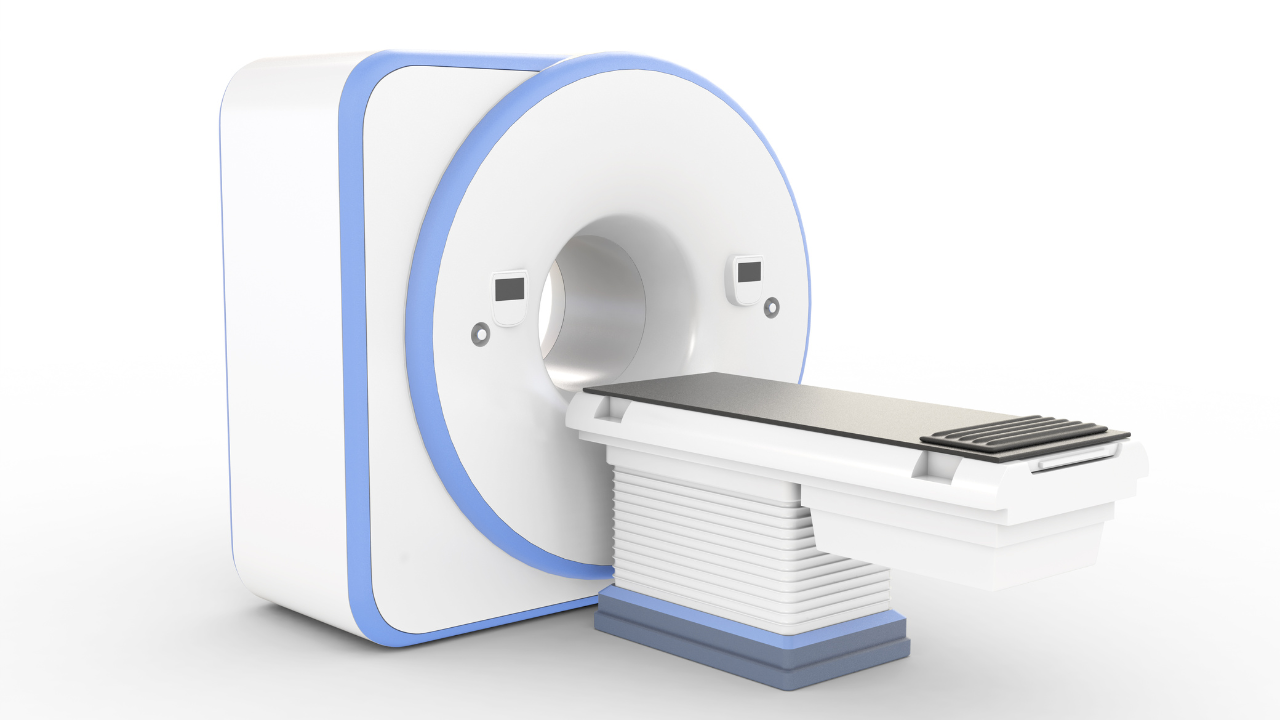Blog and News

Will The Affordable Care Act Reduce Access To Diagnostic Imaging Services?

In fact, the Affordable Care Act (ACA) helps make prevention affordable and accessible for all Americans by requiring health plans to cover preventive services and by eliminating cost-sharing. Preventive services that have strong scientific evidence of their health benefits must be covered and plans can no longer charge a patient a co-payment, coinsurance or deductible for these services when they are delivered by a network provider.
While United States law prohibits physicians from referring patients to providers with whom they have a financial relationship, ancillary services provided in the same facility — such as in-house x-ray services — are a legal exception to this rule. The ACA expands requirements for referral to “in-house ancillary services” by requiring physicians to provide patients with a disclosure stating that similar services are available elsewhere, as well as a list of nearby providers. Stand-alone radiology providers like Fox Valley Imaging may, as a result, see an increase in their patient numbers.






